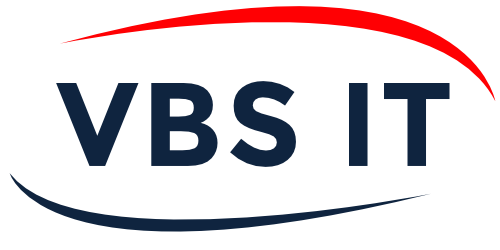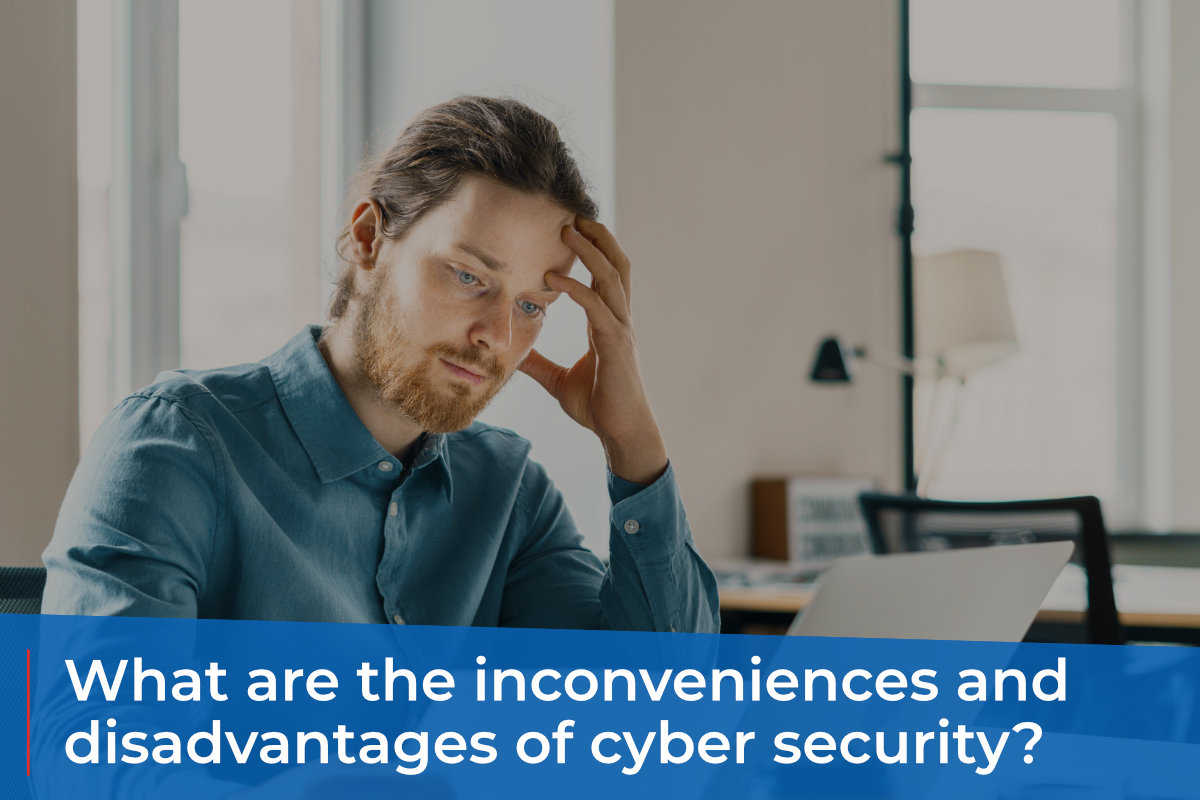Ever since the dawn of the computing age in the late 80s, digital technology has played an increasingly critical role in the success of businesses big and small. Deployed in a strategic, considered manner, technology can be used to unlock growth, achieve unprecedented efficiency and give employees the tools they need to perform at their very best.
However, for small to medium-sized businesses, daily pressures often make it difficult to find the time for strategic decision-making. Plus, faced with a bewildering array of options, choosing an optimal solution can be a challenge for any organisation without the benefit of deep technical experience.
What is a CIO?
Conscious of the need to align IT strategy with business goals, organisations with the IT budgets to support it, often hire a CIO (Chief Information Officer). A CIO is a title that is now fairly common, but frequently misunderstood, so what is a CIO?
A Chief Information Officer is a executive role tasked with ensuring that a company’s IT strategy fully supports its commercial ambitions and growth trajectory. Leveraging a wealth of technical understanding, a CIO bridges the gap between business development and IT, to ensure that technology works in harmony with business processes.
If you run a small business by now you may be thinking: I only run a small IT team, how can I afford a CIO? Don’t worry you’re not alone, as most small to medium sized businesses don’t have CIOs. Fortunately, there is a way to attain the advantages of one, without the salary expenses such roles come with…
What is a vCIO?
A vCIO (or virtual chief information officer) isn’t actually a single person, instead it’s a service that IT providers offer which seeks to replicate the role and benefits of a CIO.
While IT providers typically support and maintain business technology, a vCIO acts in a consultative capacity, and helps to inspire more informed tech decision-making at board level. The service can also help to optimize the support currently provided by an IT provider, by helping them gain a more thorough understanding of what a business seeks to get out of its technology.
5 reasons your business should consider a vCIO…
Strategic Cyber Security
Armed with extensive IT security experience, a vCIO will be able to plug any cyber security vulnerabilities in your system and suggest policy changes to further safeguard your data. They can help ensure that your technology is fully aligned with any industry-specific compliance hurdles you face, and institute more general measures to safeguard personal data in line with data protection legislation. Leveraging wide-ranging, first-hand experience of the cyber threat landscape, they’ll be able to advise on the best cyber defense measures that are cost-effective and proportionate to the level of risk your business faces.
Effective Data Management
Over time, businesses accrue vast quantities of data often split across dozens of locations, with unnecessary duplication eating away at valuable storage space. A vCIO can help you rationalize and simplify your data management. They’ll help ensure that the relevant data is easily accessible to those who need it, that critical data is backed up in line with industry best-practice and that the storage options in use provide value for money and can easily be scaled up to accommodate growth.
Business continuity and disaster recovery
A vCIO can help you develop and institute a coherent business continuity and disaster recovery strategy. With the benefit of experience, they’ll be able to prioritize the most business-critical elements of your infrastructure and establish failover systems that can take over in the event of an outage. They’ll also help you devise a plan-of-action detailing the steps to be taken following the likes of a cyber-attack or natural disaster, thus ensuring that your business is able to quickly rebound from any disruptive event.
Technology that serves current and future business needs
The first role of a vCIO is to ensure that your current infrastructure fully enables, rather than inhibits, the way you want to operate. They’ll be able to suggest immediate improvements and prescribe best-fit solutions to replace any current systems that are letting you down. Then, going forward, they’ll work with you to develop a technology roadmap. This will set out an envisaged future technology strategy, based on how you see your business growing and evolving in the years to come. Leveraging knowledge of the most innovative products, they’ll be able to recommend solutions that provide maximum ROI and help your team work to their full potential, whether remotely or in the office.
A fresh pair of eyes
Over time businesses can become complacent in terms of how they use technology, often believing that their current setup cannot be improved upon. This is rarely the case!
A vCIO can offer a fresh perspective on your business’s technology infrastructure. They might be able to spot performance bottleneck that your team have missed and will highlight opportunities for updating or improving systems in order to better serve the business processes they support. Crucially, a vCIO will approach your IT systems with the benefit of context: they may have served countless businesses like yours over the years and therefore be able to judge how your technology stacks up against your competition.
Conclusion
Looking for cost-effective access to tech strategy consultancy that will help your business outperform the competition? Then a vCIO service may be an ideal fit for your business. Going far beyond the basics of break-fix support, a vCIO will help you harness technology for greater returns, improved staff performance, enhanced data security and that all-important competitive advantage. Get in contact today to see how VBS can help.



